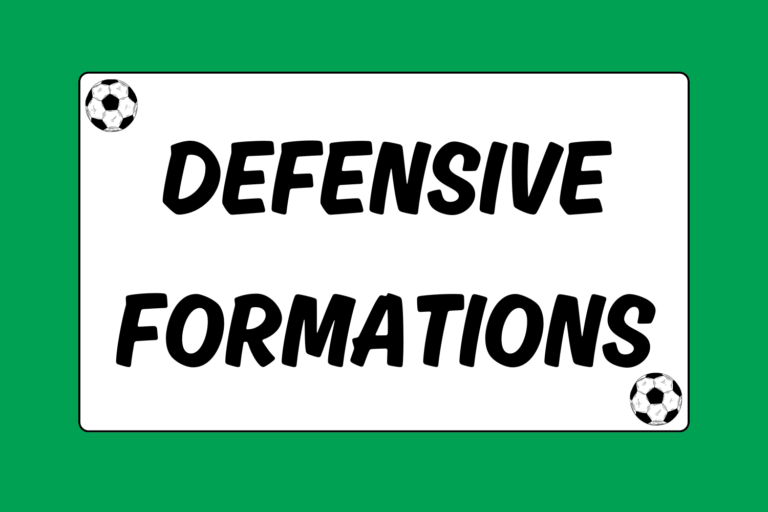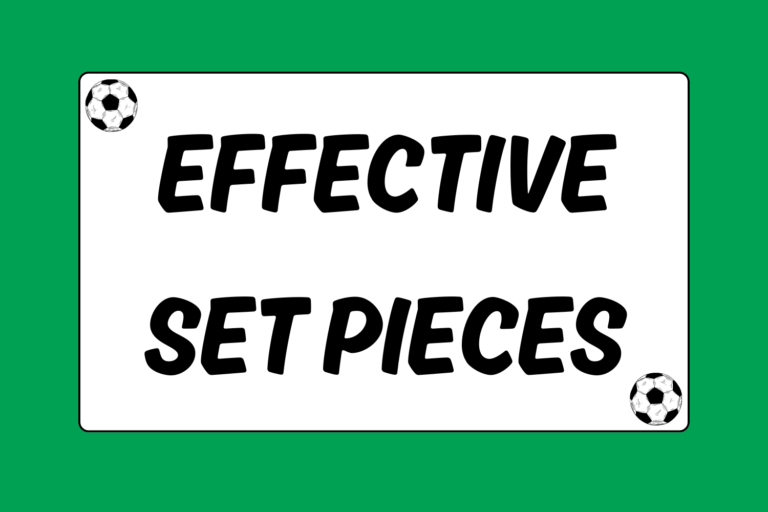It’s a common mistake for soccer players to overlook healthy nutrition as part of their training. In fact, a well-balanced diet is a crucial key to performing at a high level, especially at the end of a match. This guide will detail the key strategies for soccer players to eat right and get the right nutrition for staying in peak physical condition.
Start Young
One of the most important facets of a healthy diet isn’t what players eat, but when players start focusing on it. The earlier players develop good dietary habits, the easier it will be to maintain them for years to come.
Of course youth soccer players are kids first, which means getting them to make healthy food choices can be much easier said than done. Still, young soccer players truly need ample amounts of carbohydrates, proteins, and essential vitamins to get the most out of all of the time spent training and practicing. Though it may take a few trips to the store and some trial-and-error, parents and players should work together in finding foods that are both tasty and nutritious.
Carbohydrates
For staying energized, no food type is better than carbohydrates (or simply carbs). Carbs are stored as glycogen in the muscles, providing the fuel needed for strenuous exercise.
It’s very important for soccer players to consume carbs on a regular basis, and to find carbohydrate sources that are low in fat content. Fat content can slow down the digestive process and your body’s ability to process nutrients. Good sources of carbohydrates include:
- Bread
- Pastas
- Cereals
- Crackers
- Rice
- Starchy vegetables
- Fruits such as raisins, bananas, oranges, and pears
Generally speaking, the more intense the cardio training, the more players should look to carbohydrates as their primary energy source.
Proteins
A well-rounded soccer diet should also include a good amount of protein. Protein helps with muscle growth and recovery, and is essential for the physical demands of soccer. Protein-rich foods also boost immune system functionality.
The best proteins are low-fat and vitamin-rich, helping soccer players stay energetic throughout the rigors of a long game. Good sources of these proteins include:
- Fish
- Chicken
- Turkey
- Low-fat milk
- Cheese
- Yogurt
Game Day Meals
The quality of a game day meals, both pre- and post-match, will directly affect a player’s performance.
Pre-game meals should:
- be designed to help players build up stores of energy
- include around 600 calories
- be high in carbohydrates and low in fat, and be accompanied by lots of fluid
- be eaten at least four hours before the game starts to give the body a chance to absorb nutrients
Post-game meals should:
- replace the nutrients that were lost during the game
- start the process of helping your muscles rebuild and recover
- be high in carbs and proteins
Players should also drink plenty of water both before and after games to replenish the fluids they likely lost.
Mental Edge
In higher levels of amateur soccer, a substantial number of goals are scored in the last 15 minutes of a game. For this reason, foods and liquids that are high in carbohydrates are great tools for energy and can mean the difference between a win and a loss.
Hydration
Speaking of, staying hydrated is essential for soccer players, who can lose massive amounts of fluid during a game. A good hydrating routine helps players delay fatigue and restore fluids lost during strenuous exercise.
Dehydration is a major risk in soccer, because it’s difficult to spot and can lead to underperformance and even serious health issues. Here are a few tips that will help players stay hydrated:
- Two cups of fluid an hour or two before a match
- Two cups at halftime or during a break
- Three cups of fluid for every hour of work on the field following a match
While most people think nutrition focuses solely on food, consuming adequate water is a crucial nutritional component as well. Soccer players should get used to drinking plenty of water and making it a habit. Energy drinks that are low in simple sugars and sodium are also good, because they taste good and are easy drink.
Hot Tip: Drink Up!
Two servings of carbohydrate-heavy, low-sugar fluids consumed during a game can improve performance and put off fatigue. Energy drinks are a good idea, but be sure they’re not loaded with sugar, caffeine, or sodium.
Watch Your Weight
Playing soccer demands a massive amount of energy. If players don’t eat well enough to meet those demands, it will very likely lead to underperformance and low energy on the soccer field.
Pay attention to eating habits – especially on game days – and make nutrition a high priority during the season. Having the right eating habits and getting enough essential nutrients can make the difference between a lost season and a championship season.





